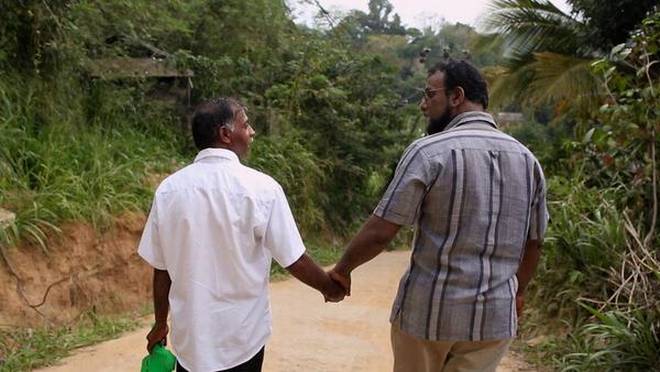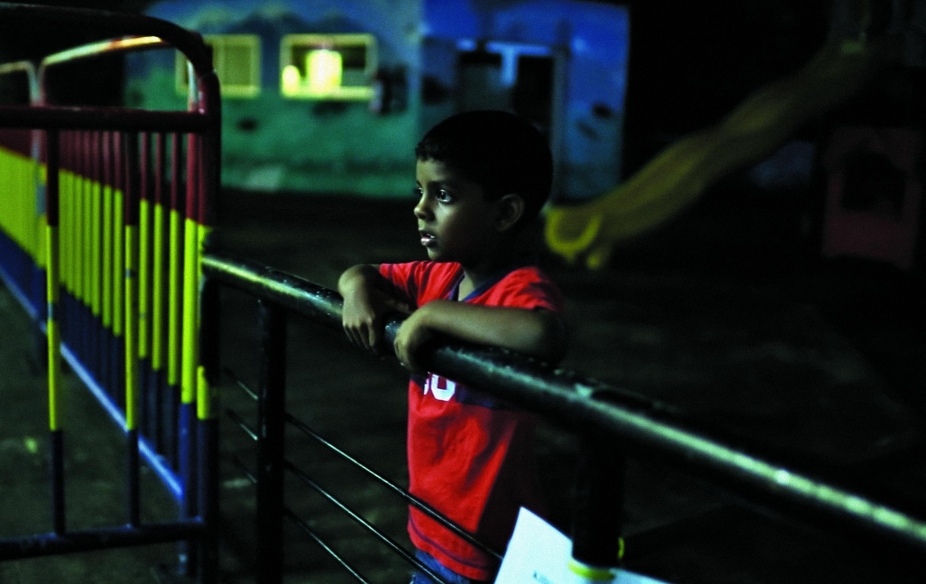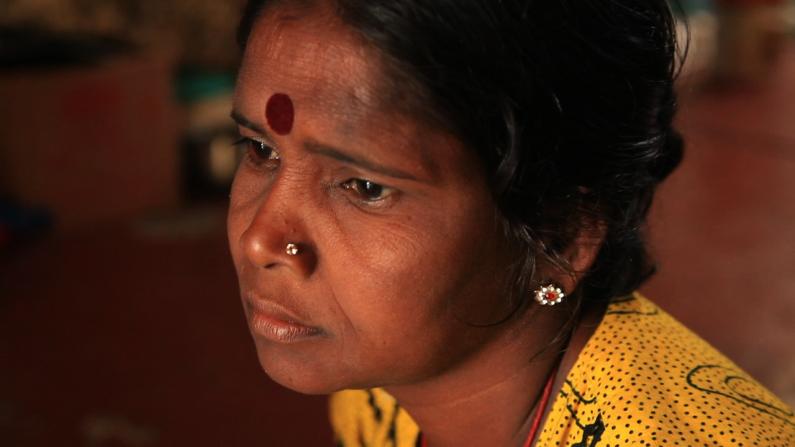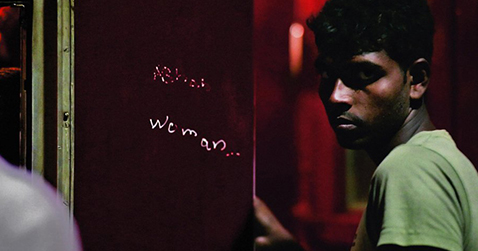2018 Sep 18
Jude Ratnam, a Sri Lankan filmmaker, released his debut film after a decade in the making at the Cannes Film Festival 2017, receiving critical acclaim and consequentially putting Lanka in the spotlight.
The near 30 year Lankan civil war is a well-explored subject. Ever since peace was sought, Sri Lankan writers, poets, and filmmakers have delved into the subject determined to express it each in their own manner. However, gritty and moving, Ratnam’s film is told from a novel perspective.
 Ratnam is the first Tamil filmmaker to ever criticize the the LTTE, instead of focusing his judgment on the Lankan government.
Ratnam is the first Tamil filmmaker to ever criticize the the LTTE, instead of focusing his judgment on the Lankan government.
Speaking with BBC Asian Network’s Nalini Sivathasan, Ratnam says “When the war was coming to an end, I wanted the [Tamil] Tigers to lose the fight. I wanted it to end, even if my own people had to be killed” and speaking more on his standpoint, he comments “Acknowledging the vice in our [Tamil] community, is how we can get away from it. If you keep denying it and play the victim card all the time, then you invariably return to it.”
Filmmaker Jude Ratnam was five years old when the riots of 1983 struck and he fled to the North for safety by train, only to encounter deadly fighting and no safe haven. Now he returns, at the end of the war, taking the same train from South to North, reminiscing and recollecting the hidden souvenirs of fighters and the LTTE.
 Ratnam began by filming his uncle for a very different story, which then snowballed into the unique masterpiece it is today.
Ratnam began by filming his uncle for a very different story, which then snowballed into the unique masterpiece it is today.
“It was a tricky thing to do during the time of the previous regime which had just brutally crushed the Tamil rebellion.
So the facade of the train became a good camouflage when authorities asked for the filming scripts to be approved. I would tell the authorities I was making a love story on the train about two lovers who went towards the north from the south.
In order to get the location permits to take the former fighters back to the places where they had been fighting, I’d use the love story, telling the authorities that the lovers met in these locations.”
The war pitted the Sinhalese-ruling government against the LTTE, leading to years of bloodshed and massacre, which ended in 2009. Ratnam believed there were those who romanticized these years and wanted to expose the LTTE for what he truly saw them as. His film, Demons in Paradise, reminisces and reveals his memories and those of his compatriots as the Tamil fight for freedom turned into self-destructive acts of terrorism.
 Ratnam believes that the portrayal of what the war truly was is skewed in different versions of the public eye. Post-riots, many believed that the LTTE were a beacon of safety for many persecuted Tamils, Ratnam stands his ground in saying that much of the brutality inflicted by the Tamils was onto their own community.
Ratnam believes that the portrayal of what the war truly was is skewed in different versions of the public eye. Post-riots, many believed that the LTTE were a beacon of safety for many persecuted Tamils, Ratnam stands his ground in saying that much of the brutality inflicted by the Tamils was onto their own community.
In his opinion, the film serves to destroy any aspect of romanticizing the group, especially by those in the community living abroad. For outsiders looking in, the war was simplified, depending on whose side you took. For those thrown into the thick of it, the war was complex, brutal, and must certainly not be romanticized.
His outlook has garnered a large amount of respect, but of course no success comes without its fair share of backlash. While some fear the movie is misleading to foreigners unfamiliar about the war, Ratnam’s purpose was to bridge any gaps between the ethnicities and secure a greater sense of peace. As he stated, to do this he felt that it was important accept the faults that were committed in order to let them fall behind us. Indeed, Ratnam’s move is a bold one. But reconciliation stems from honesty through art, and this new perspective could spark just that.







